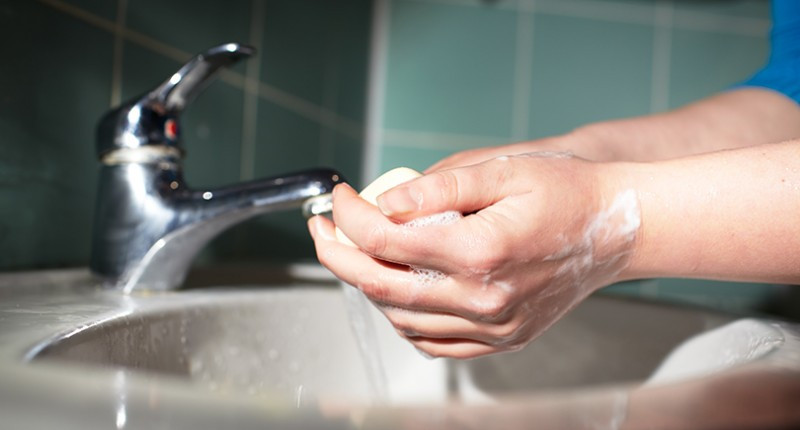When the topic is preventive healthcare, the conversation typically steers toward what measures healthcare providers – such as physicians, hospitals, etc. – can do to help us stay healthy and avoid illness, injury, or infirmity. Notice, though, that each of those three words beings with an ‘I,' which is appropriate. Ask yourself: What can I do? Preventive healthcare is as much your duty as it is a doctor's or hospital's. Make this your new motto: I am also responsible for my own health. In a big-picture sense, ‘preventive care' is usually defined as any kind of medical service that defends us from health emergencies, per thebalance.com. Such society-wide preventive care encompasses services such as doctor visits, annual physicals, and regular dental cleanings as well as immunizations and proper administering of allergy medications (especially important this time of year).
Preventive Care Is Also an Individual Concern
Being serious about preventive care can save you a lot of pain as well as other forms of physical discomfort – as well as money paid out of pocket for unplanned healthcare services. It's now time to take stock of what you are doing to prevent illness. It's still early spring, meaning there are cold and flu viruses still lurking, looking for their next victim, and you need to be on guard doing what you can to have your defenses (i.e., your immune system) working at peak performance. Here's a scary statistic from the Centers for Disease Control and Prevention (CDC), per aarp.org: 35,000 Americans on average die each year from being infected with superbugs – defined as potent germs resistant to drugs designed to kill them. Even as new antibiotics are developed, these superbugs can mutate and eventually render these drugs ineffective, leaving people susceptible to a variety of invading pathogens and resultant illnesses.What You Can Do to Reduce Risk of Illness?
In recent months we have heard a lot about the importance of washing your hands frequently and thoroughly – preferably with warm water and soap – being careful (as much as possible) not to touch your face, properly covering up sneezes and coughs in public, avoiding large crowds especially during the spread of any type of influenza, eating and supplementing correctly, and getting sufficient sleep on a daily basis. Let's take a more detailed look at these and other preventive-health measures to implement, especially during this lingering season of widespread viral illnesses, the goal being to bolster your immune system:- Healthy diet. Don't just watch what you eat, plan it out. Eighty percent of your immune system is in your gut, so when it's healthy, we tend to be able to fight off infections faster and better, says Cleveland Clinic integrative medicine physician Yufang Lin, per aarp.org. This is as much about avoiding certain foods, such as heavily processed or fried foods, as it is choosing fermented foods like kefir, yogurt, and sauerkraut – all of which provide good bacteria while boosting a healthy gut and immune system. Plenty of fruits and vegetables help, too.
- Vitamins and supplements. There are no magic bullets out there providing perfect protection against pathogens, but some such as vitamin D, vitamin C, calcium, and zinc have shown the potential to help thwart or reduce various viruses, such as cold or flu. Cooking meals using herbs such as garlic, ginger, and turmeric can not only add a nice pinch of flavor but also help you with your immunity.
- Get exercise. Keep moving, in other words. And it doesn't have to be painful in the sense of no pain, no gain. A properly designed and followed exercise program – such as walking, jogging, swimming, and/or biking – promotes the activity of your body's antibodies and white blood cells, pushing them to better detect and zero in on bugs more effectively, per aarp.org. OK, gyms can be germy, although sanitizing wipes can help in that regard. Of course, there's always the great outdoors as well.
- Minimize stress. Yes, you can do this with some foresight and planning. The idea is to manage it; get away from the source from time to time. People who are frequently stressed are more likely to produce inflammation-inducing molecules known as cykotines, per aarp.org, doubling their risk of getting sick.
- Sleep. There really are no shortcuts to this subject. Burning the midnight oil and still getting up early might sound heroic, but it is an unhealthy habit. Just like the health manuals say – shoot for eight hours a night.

